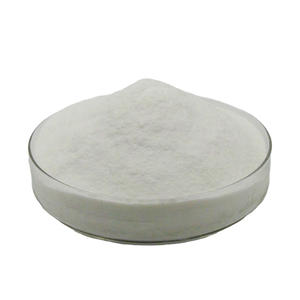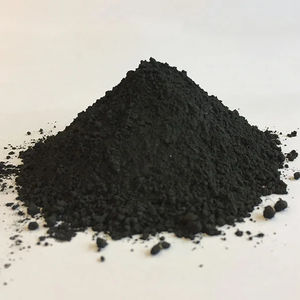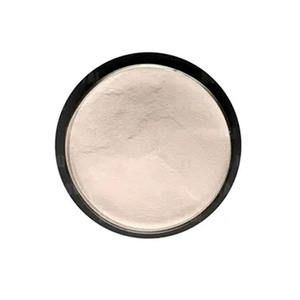Professional and high-quality metal alloys, ceramic products and concrete additives | RBOSCHCO
(Titanium Aluminium Carbide)
Known for its excellent thermal shock resistance, titanium aluminium carbide powder also has a high mechanical modulus and conductivity. It is used as a precursor for MXenes and nanomaterials. It is used in high-temperature heating elements, chemical anti-corrosion materials and lithium ion batteries.
Titanium-aluminum carbide is a structural bidimensional transition metal nitride that has garnered much attention in material science research. Ti3AlC2 has exceptional oxidation resistance, good machinability and high temperature stability. The structure of the phase is similar to that of ceramics. It is widely used in Max special ceramic materials.
The synthesis of fine-grained Ti3AlC2 powders requires a new process. This phase is synthesized by a method based on molten salts, which act as a reaction medium. During the synthesis process, the melted salt acts as a reactive medium to prevent the reactants from oxidizing during the high-temperature synthesis process.
The density of this phase is 4.2 g cm-3. It is stable up to 1400 degC. It has a low thermal expansion coefficient and Vickers hardness. The crystals are a face-centered cubic structure. Its crystal size ranges from 0.1 to 0.3 mm.
Besides being a precursor material for MXenes and nanomaterials, titanium-aluminum carbide can also be used as a high-temperature structural material. Its strength to weight ratio is good. The corrosion resistance of this material is also great. It can be used in electrical transmission lines as it is light in weight.
The morphologies of this material vary, which affect its properties. They include an increase in layer spacing and decreased impedance.
(Titanium Aluminium Carbide)








